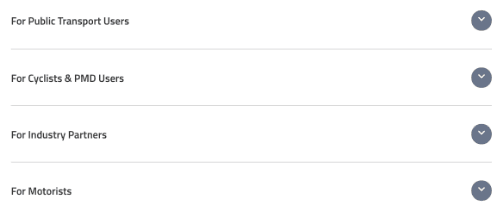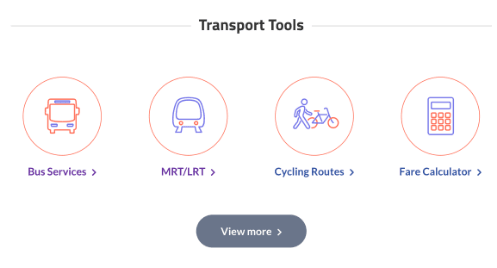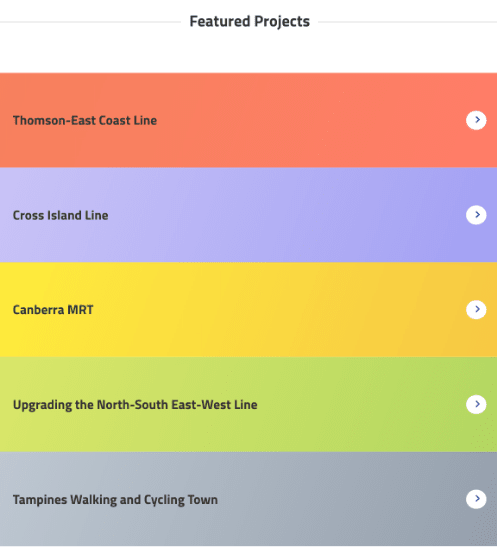The Land Transport Authority (LTA) will be replacing the existing electronic road pricing (ERP) system with the next-generation (nexgen) ERP system that supports Global Navigation Satellite System (GNSS) technology. Central to the new system is a new vehicle on-board unit (OBU), which can provide value-added services for motorists, such as advance alerts on charging locations and real-time traffic information. However, the supply of essential microchips, which is required for the OBUs, has been affected by the worsening global shortage of microchips, a situation that is also impacting many other industries. To ensure a smooth and uninterrupted installation exercise for all motorists, the installation of OBUs is now planned to commence in the second half of 2023, instead of end-2021.
Global microchip shortage and impact on OBU installation
2 The COVID-19 pandemic has boosted global demand for microchips while affecting their production, following the suspension of operations in major semiconductor foundries across multiple countries. This has severely impacted the production of electronic devices across multiple sectors, from consumer electronics to industrial machines and automotive.
3 The production of the OBU has been similarly affected. Its parts need to be sourced from different suppliers and a few have indicated that they have been unable to meet the required delivery schedules for critical components. This shortage is expected to persist through 2022 and the recovery in microchip production is expected to be gradual, from end-2022 to mid-2023. Given the uncertainty in the supply chain and in order for installation to commence only when OBU production is stable and sufficient, the OBU installation exercise is now planned to commence in the second half of 2023.
4 The first OBU will be installed free of charge for existing Singapore-registered vehicles. LTA will monitor the impact of COVID-19 on the OBU installation timeline, and the current ERP system will continue to operate until the nexgen ERP is implemented.
Joint effort to ensure smooth installation
5 LTA is working closely with its contractors NCS Pte Ltd (NCS) and Mitsubishi Heavy Industries Asia Pacific Pte Ltd (MHI) to commence OBU production and prepare for the OBU installation.
6 Mr Ng Kuo Pin, CEO of NCS, said: “We will continue to work closely with our longstanding partners LTA and MHI, leveraging our combined capabilities to manage the challenges from the global microchip shortage. We will also continue with our rigorous testing on all systems and processes to support mass installation in 2023.”
7 Mr Naoaki Ikeda, President of MHI Machinery Systems, the group company of MHI involved in the OBU production, said: “We remain committed to commencing OBU production as soon as possible, and are working closely with our supply chain partners to source for the affected components and safeguard their availability for the installation exercise.”
Minimal impact on motorists
8 Mr Ng Lang, CEO of LTA, said: “We would like to seek motorists’ understanding as we work closely with our partners to resolve the production challenges brought on by COVID-19. Our priority is to ensure that the installation exercise proceeds smoothly. We will give ample notice to motorists and motor vehicle industry ahead of the installation exercise.”
About the nexgen ERP
The Land Transport Authority awarded the contract for developing the nexgen ERP system to the consortium of NCS Pte Ltd & Mitsubishi Heavy Industries Asia Pacific Pte Ltd in 2016. The nexgen ERP will be a technological refresh of the current physical gantry-based ERP system, which was introduced more than 20 years ago in 1998 and is increasingly more expensive to maintain. Leveraging Global Navigation Satellite System, the new system will be a more feature-rich system, going beyond congestion charging to also improve traffic management and transport planning and provide value-added services for motorists, such as advance notifications on charging locations and real-time traffic information.
















